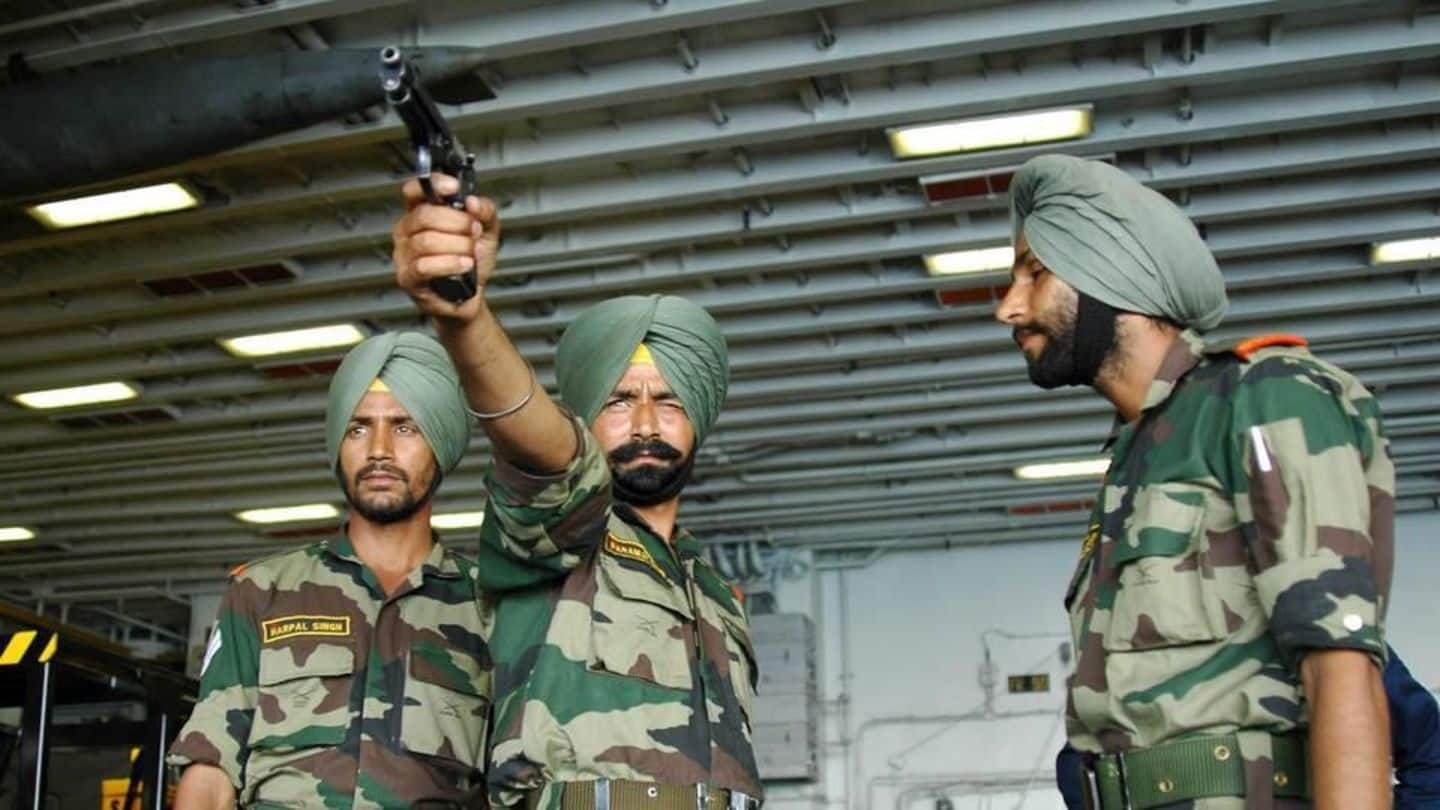
One year on, what did the surgical strikes achieve?
What's the story
On Friday, India marks the first anniversary of the surgical strikes mounted by Indian Army special-forces across the Line of Control (LoC) into Pakistan-Occupied Kashmir (PoK). The strikes against terror "launch pads" were hailed by India as a strong message to Pakistan to end its longstanding sponsorship of terrorism. But, a year later, what did the surgical strikes achieve? We analyze.
Explained
What were the surgical strikes?
On September 29, 2016, the Indian Army crossed the LoC to conduct surgical strikes on "launch pads" from where Pakistan-sponsored terrorists would infiltrate into India. The Army inflicted "significant casualties" on the terrorists. The Army jawans completed the mission and returned safely without suffering a single casualty. The strike was touted as a revenge for last year's Uri attack that left 19 soldiers dead.
Political aim
Modi government achieved political goal through surgical strikes
For the Narendra Modi-led government, the surgical strikes were aimed at reaffirming the prime minister's strongman personality. The government sought to demonstrate that it would respond effectively to Pakistan-sponsored terror attacks, which the previous governments were reluctant to. To this end, the strikes' political aim was achieved as Indian citizens and all political parties unanimously supported them.
Strategic aim
Strategic aim of deterring Pak-sponsored terror in India remains unfulfilled
A major strategic aim for the surgical strikes was to end Pakistan-sponsored terrorist infiltration and violence in Kashmir, reduce Indian troop casualties and introduce peace and calmness along the LoC, notes strategic analyst Sushant Singh. However, an IndiaSpend analysis shows that there's been a 31% increase in terrorism-related deaths in J&K in the year since the surgical strikes, indicating these aims haven't been met.
LoC crossing
India's LoC crossing adds new dimension to Pakistan's strategic calculations
The surgical strikes were the first time India's political leadership openly admitted to conducting operations across the LoC. This marked a major shift from India's longstanding respect for the sanctity of the LoC. Even during the 1999 Kargil conflict, the PM Atal Bihari Vajpayee-led NDA government ordered the Indian military to strictly respect the LoC even though the Pakistani army brazenly crossed it.
Muted intl. response
Muted international response indicated approval of India's actions
The lack of unanimous international condemnation could indicate a general approval of India's actions. Countries such as Bangladesh and Afghanistan vocally supported India. Russia slammed Pakistan and welcomed India's surgical strikes while China expressed concern over the escalating tensions, urging New Delhi and Islamabad to exercise restraint. The US condemned terrorism emanating from Pakistan and called for de-escalation of tensions between India and Pakistan.
More strikes?
Army chief recently hinted at more surgical strikes
Pakistan-sponsored terrorist infiltration across the LoC into India continues unabated. On September 25, Indian Army chief General Bipin Rawat said terrorists keep infiltrating into India because their camps remain operational in PoK. "Even we are ready. We will keep receiving them (infiltrators) to dispatch them two-and-a-half feet below the ground," he said. Rawat hinted that further surgical strikes could be conducted if needed.